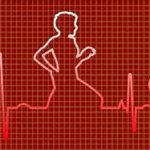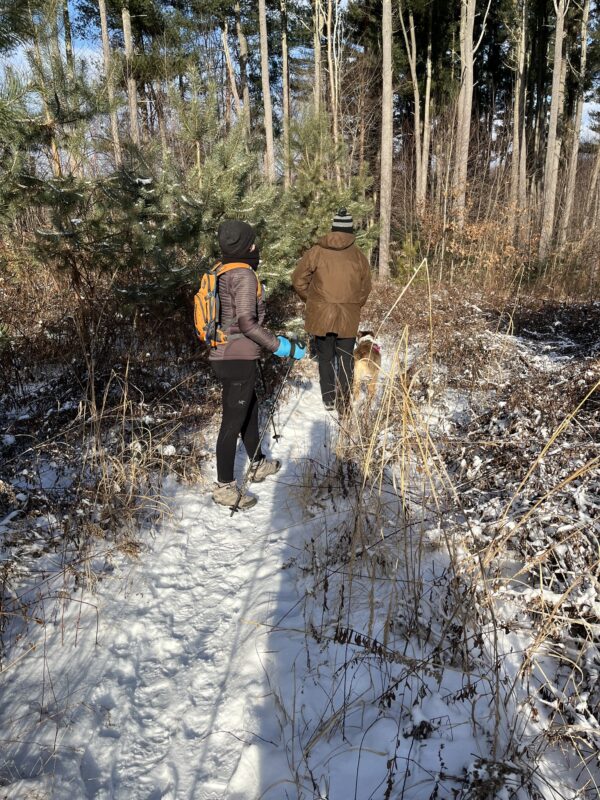
By Laura O’Reilly-Stanzilis RN
Increasing the heart rate during exercise improves cardiovascular fitness. The level of intensity varies from person to person and depends on their general health, age, and exercise habits. Whether exercising alone or in a group, people should work at their own pace and their own levels of exertion. Doing a pulse check will tell you if you are working too hard or need to push a bit harder.
Know your norms
Before you can determine what your exercise heart rate should be, you need to know what your resting pulse is. Take a pulse first thing in the morning (before you begin moving around and before you have had a caffeinated beverage) and count the heartbeats for a full sixty seconds. That is your resting heart rate.
When taking a pulse during exercise it is necessary to have a watch that counts the seconds. Count the pulse for six seconds and multiply that number by ten. The result is the exercise heart rate. For example, 13 beats multiplied by 10 is 130 beats per minute. Heart rate monitors do the work for you and are a worthwhile investment.
It is important that you work within the range of what is safe and normal for you and your age group. As indicated on this heart rate chart (CLICK THE LINK) Target Heart Rates Chart | American Heart Association, as we get older, our target heart rate decreases.
Get an Evaluation
The most important thing you can do for yourself to determine what your exercise heart rate should be is to consult with a physician. Not everyone should be working within a range as seen on an exercise heart rate chart and a healthcare provider is the single best person to advise you in this area. An exercise stress test given in a cardiologist’s office under the supervision of qualified medical personnel is the safest and best measure of how your heart responds to exercise.
For more information on heart health visit www.heart,org.
Laura O’Reilly-Stanzilis RN is a registered nurse, certified exercise instructor, and is the Executive Director of the North Jersey Health Collaborative. She can be reached at Laura@njhealthmatters.org

